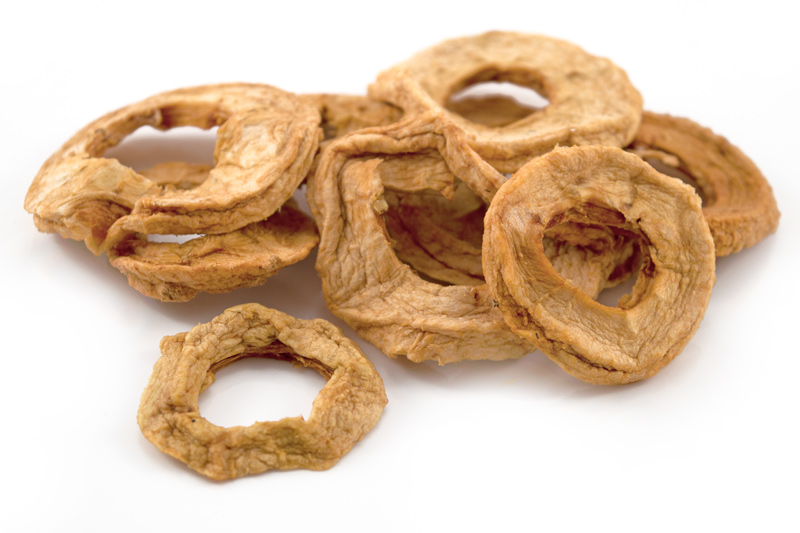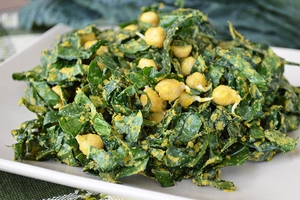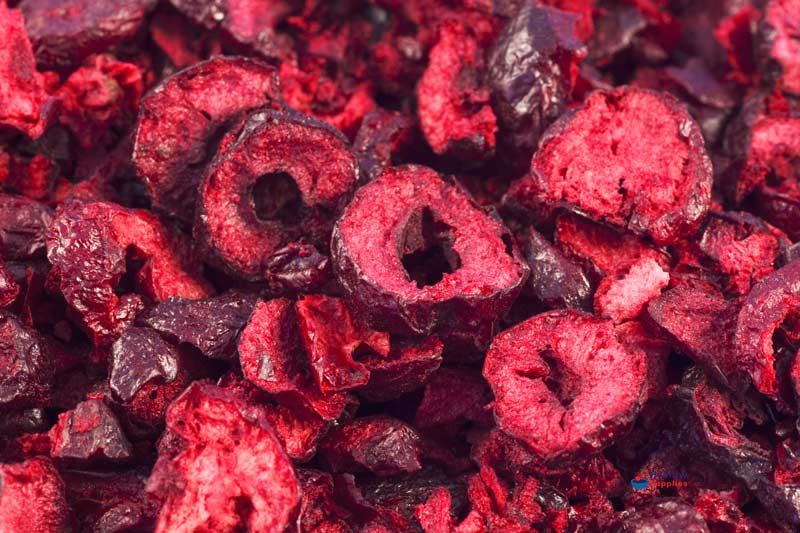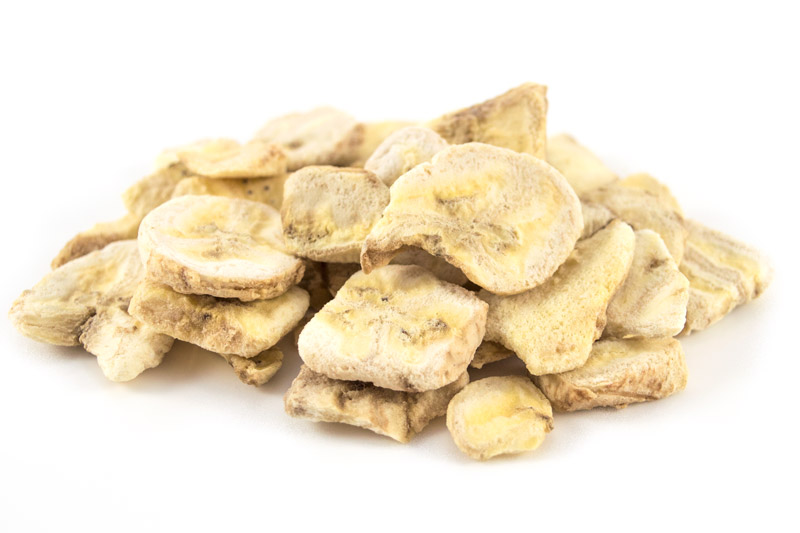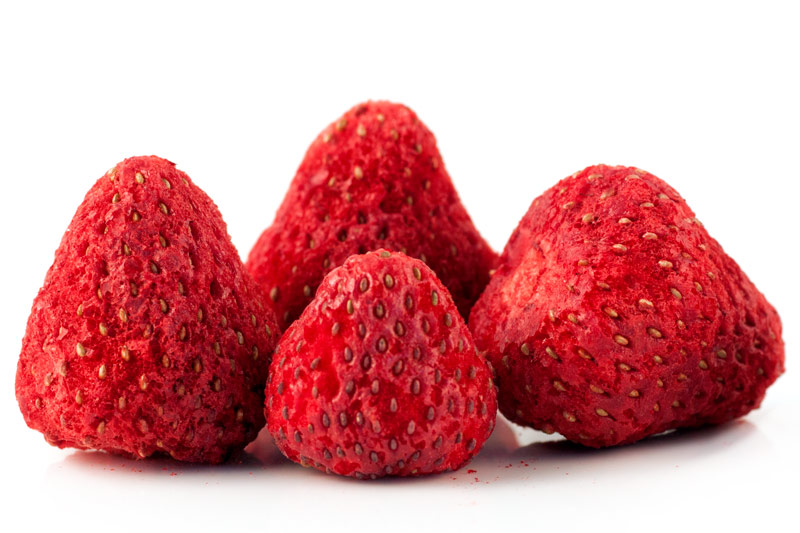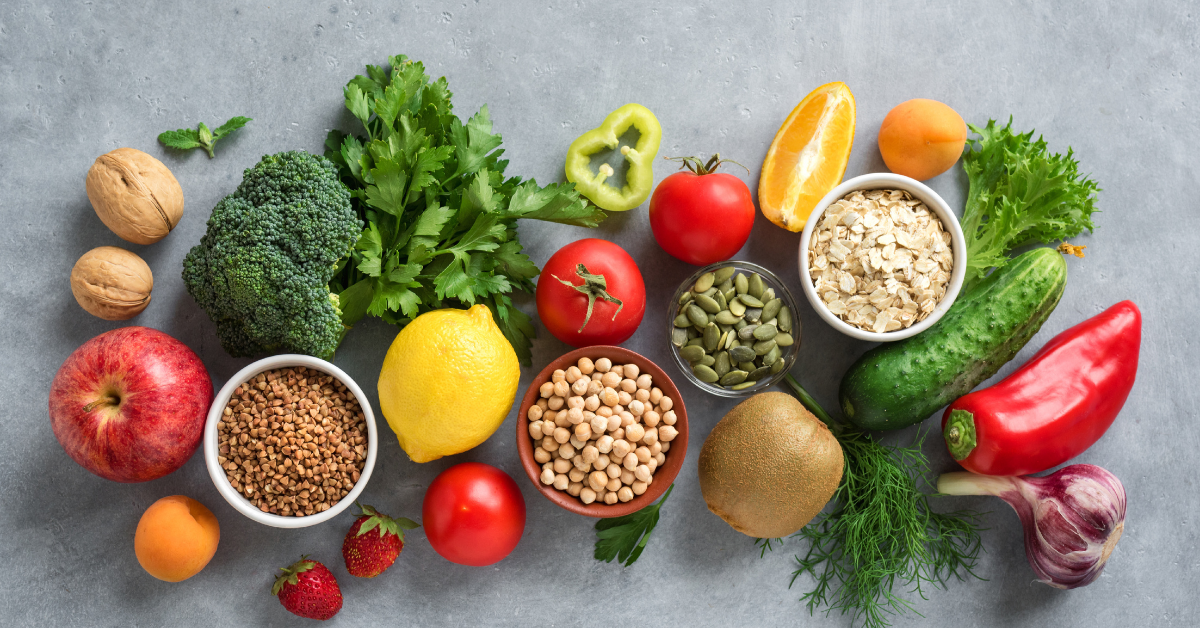Should we buy organic?
We all want to do better for the environment, but organic products in the supermarket often cost a sizeable amount more than their non-organic counterparts. It’s common knowledge that pesticides commonly used in commercial farming can contain some incredibly nasty chemicals that gets washed into rivers and decimates biodiversity, but some still argue that these massively boost the volume of food that one field can produce and therefore we should continue to use them.
Early in 2021, the UK government crumbled in the face of pressure from the National Farmers Union and reversed the ban on neonicotinoid pesticides, which are strongly implicated in the decimation of a huge percentage of the planet’s bees as a result of what has become known as Colony Collapse Disorder.
So should we buy organic? Every year, the Environmental Working Group publishes a ‘dirty dozen’ list of fruit & veg with the highest detected pesticide levels – we’ll have a look at five examples of different foods from this list and give you the lowdown….
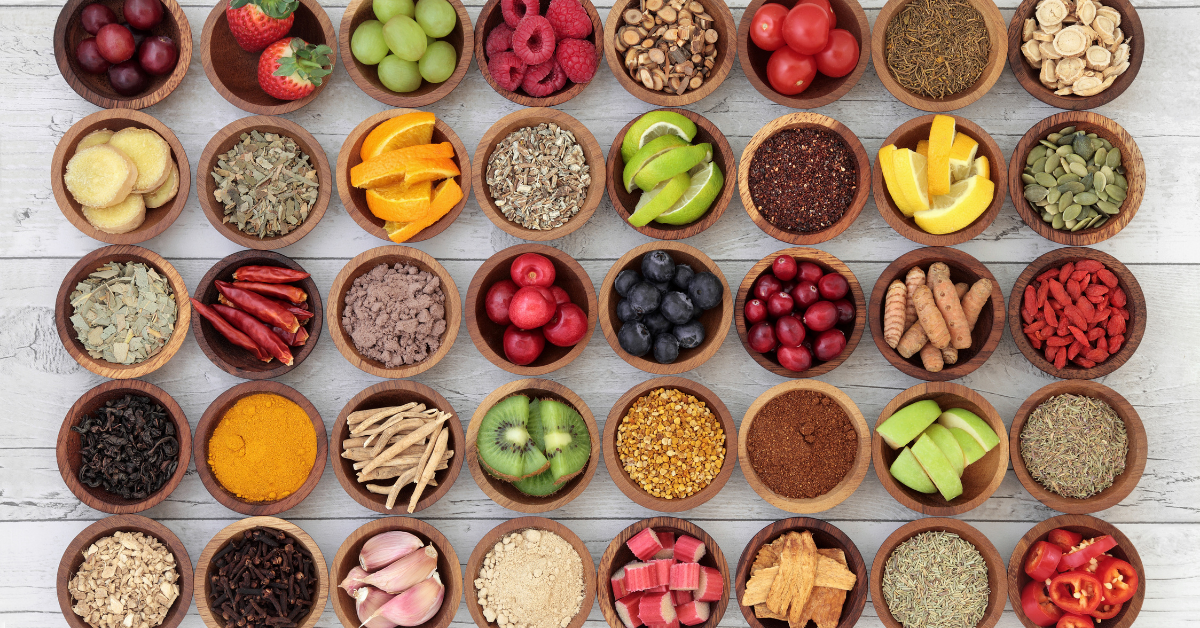
The apples you buy in the supermarket have often been liberally dosed with artificial pesticides and have sat for over a year in a fug of nitrogen gas inside a temperature-controlled warehouse, and can lose 50% of their vitamins in this time. In the past, chemicals like diphenylamine were used in apple production – this was banned in Europe after it was proved its absorption into the human body led to kidney and bladder damage, but having left the European Union, UK consumers are afraid the government will re-introduce all manner of substances banned by EU regulations. Our Organic Apple Pieces have been grown naturally and are certified as containing no artificial nasties at all, so you know what you’re getting is pure and unadulterated (and very, very tasty!)
Vegetables like Spinach and Kale have a reputation for being among the very healthiest foods you can eat. They’re absolutely loaded with fibre, vitamins, minerals and healthy plant phenols. However, they’re unfortunately extremely adept at soaking up artificial pesticides when these have been used, and higher levels of contamination are found in these vegetables than just about any other, possibly because of their low weight. For this reason, it’s best to buy the organic version if you want to avoid any artificial chemical residues.
Cherry farming regularly uses a large amount of pesticides, and more than 90% of samples of cherries tested by the Environmental Working Group contained residues of two or more pesticides. We all love munching on a bowl of these ruby-red juicy fruits, or using them as an ingredient in a plethora of beautiful dishes such as these amazing Cherrylicious Choccy Bites, but it may be worth thinking about making the switch to the organic versions in the future!
The Expert Committee on Pesticide Residues in Food published a report stating that of the 27 samples of bananas they tested in 2017, 21 of them showed residues of one or more pesticides. There are huge environmental consequences stemming from destructive practices involved in non-organic banana farming, including the destruction of rainforests. This is another reason to esnure we buy organic bananas whenever possible.
For the past six years, the humble strawberry has topped the Environmental Working Group’s list of the most pesticide-laden fruits. This is terrible news for us Brits, as this fruit is intrinsically linked with our food culture, being the main Wimbledon snack food and an essential part of an Eton Mess dessert. Having tested 36,000 samples of 48 different types of non-organically grown strawberries, they found that nearly 70% had pesticide residues. For this reason you may like to think about always opting for organic when it comes to these juicy beauties!

